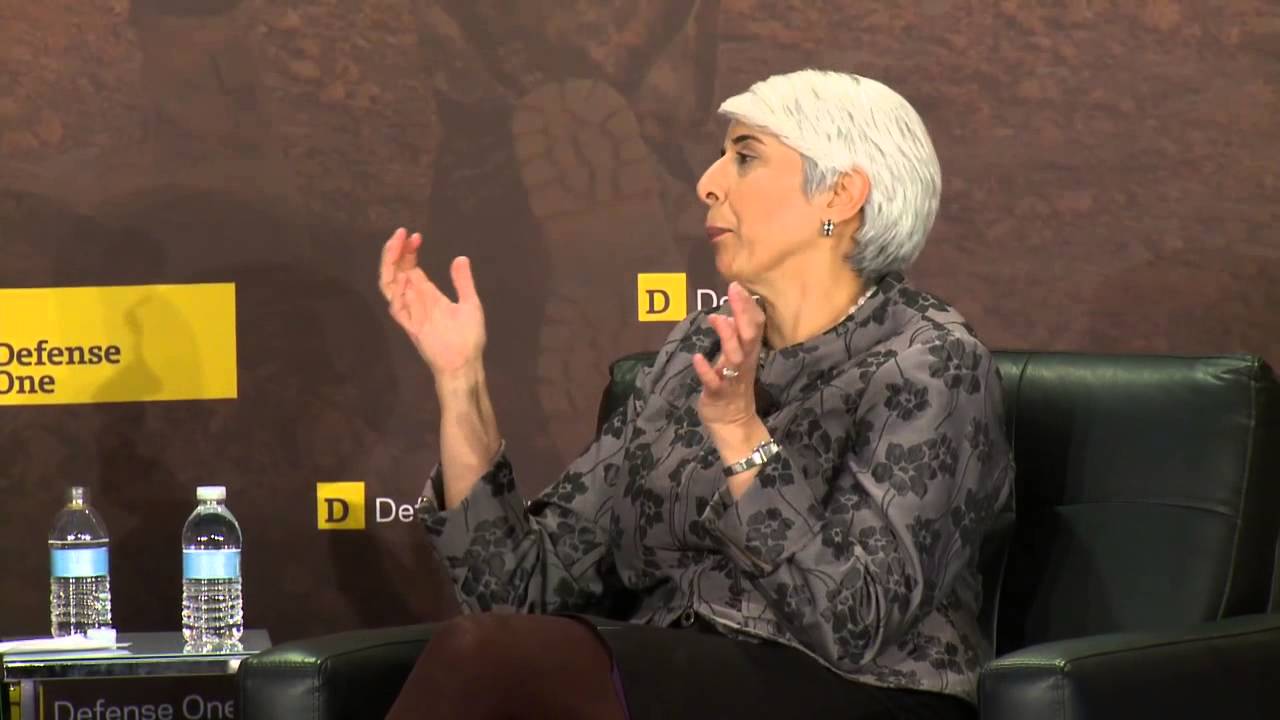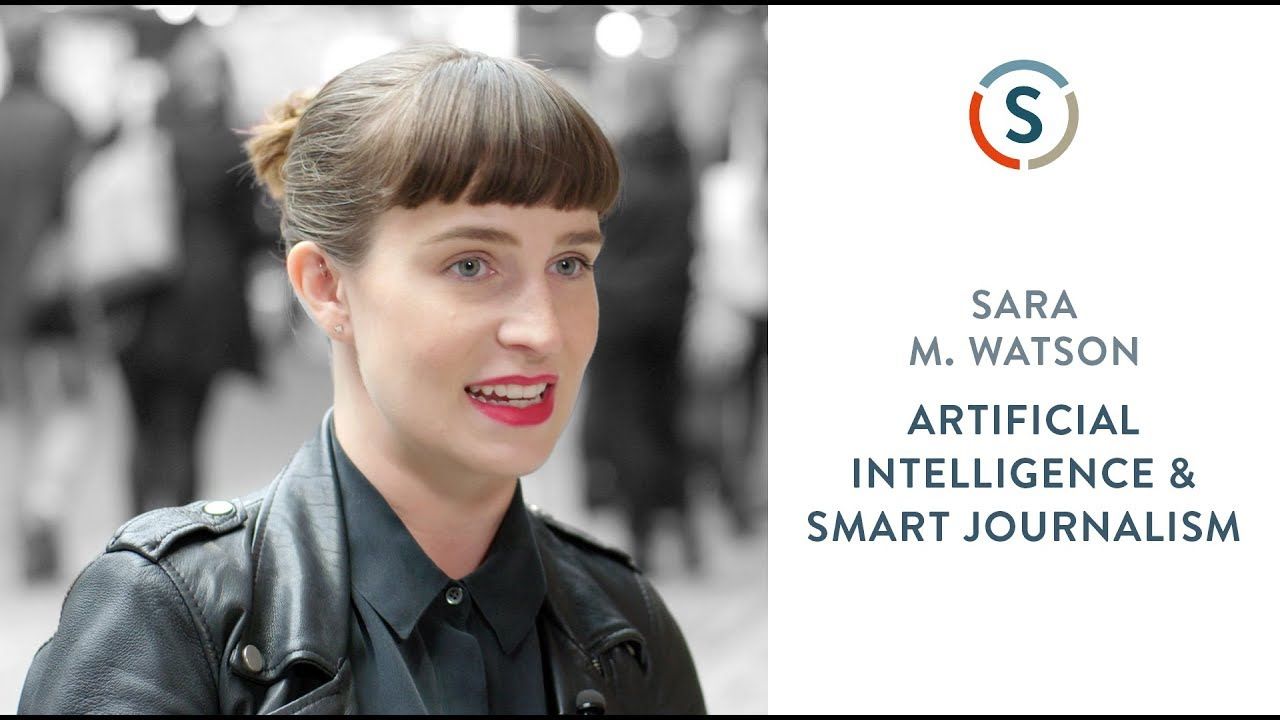
The ‘singularity’ event that scientists talk about in artificial intelligence (AI) — when robots would outsmart human beings in reasoning — has just been moved up, according to a top scientist at HP Inc. The progress in AI and machine learning has been so rapid that scientists have upped the estimate for the ‘singularity’ to happen in 2029 from 2040, shaving off 11 years of development time, says Shane Wall, Chief Technology Officer at HP, who also heads the HP Labs which is at the centre of innovation within the company.
Wall, who was speaking at the HP Reinvent Partner Forum here, said there may be some who watch with fear for that event to happen but taken adequate precautions, this change would bring in much good for everyone — be it in manufacturing, health, innovation or elsewhere. He said AI handles huge amount of data and can discern patterns to take decisions. “Machine learning uses AI and big data to learn and it can find things that no humans can see,” Wall noted.
According to him, already there are massive data farms which are crunching big numbers and there are research labs and companies where machines are taught how to use data to managing things around us. Wall, who joined HP over a decade ago, drives the company’s technology vision and its strategy and helms the innovation community within. According to him, machines have become smart enough to predict failures within a system and 3D manufacturing is a massive revolution in the making. “Already, 3D printing is handling intricate products and in the future this will bring about a disruptive change,” Wall said.
Continue reading “Robots will become smarter than humans by 2029, says HP Chief Technology Officer Shane Wall” »

















